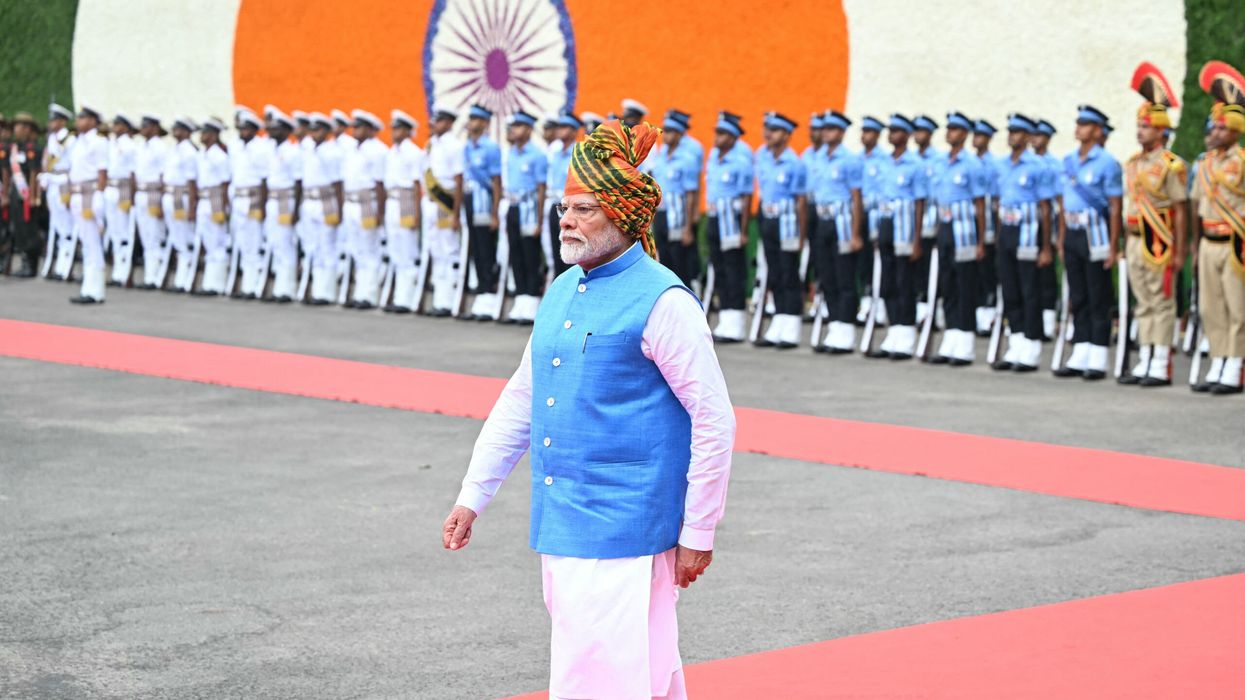INDIAN prime minister Narendra Modi announced on Thursday, India's 78th Independence Day, his intention to advance a national common civil code of law, a move strongly opposed by Muslim activists who view it as an attack on their faith.
While India’s 1.4 billion people are governed by a common criminal law, personal matters such as marriage, divorce, and inheritance are governed by different laws depending on religious communities.
The proposed civil code aims to standardise laws across all religious groups. However, it has faced significant opposition from Muslim activists and liberals, who see it as an assault on the country's largest religious minority.
In his 11th consecutive annual Independence Day address, Modi said that the existence of different laws creates division within the nation.
“Those laws that divide the country on the basis of religion, that become reason for inequality, should have no place in a modern society,” Modi said.
“That is why I say: the times demand that there is a secular civil code in the country.”
In the 98-minute speech, his longest Independence Day address, Modi asserted that it is India's golden era and a 'Viksit Bharat' (developed India) by 2047 awaits the nation. The Prime Minister reiterated his push for ridding Indian politics of casteism and nepotism.
Modi, who secured a third successive term in June but had to form a coalition government after his party, the Bharatiya Janata Party (BJP), lost its outright majority, referred to the current civil code as a “communal civil code, a code of discrimination.”
He urged for a public debate on the issue, saying, “Everyone should come out with their opinion,” as he addressed students, soldiers, and foreign dignitaries at New Delhi's Red Fort during the annual Independence Day ceremony.
Modi also called for swift justice following the recent rape and murder of a 31-year-old doctor in Kolkata, an incident that has led to widespread protests and a strike by fellow doctors.
“Crimes against women should be quickly investigated; monstrous behaviour against women should be severely and quickly punished,” he said.
Additionally, Modi expressed concern over the situation in Bangladesh following the ouster of Sheikh Hasina, urging for calm and the restoration of normalcy, particularly in light of attacks on the Hindu minority.
“Whatever happens in Bangladesh is a matter of concern. I hope that the situation there will become normal soon,” Modi said, emphasising India’s role as a well-wisher of Bangladesh’s development.
(With inputs from AFP)




